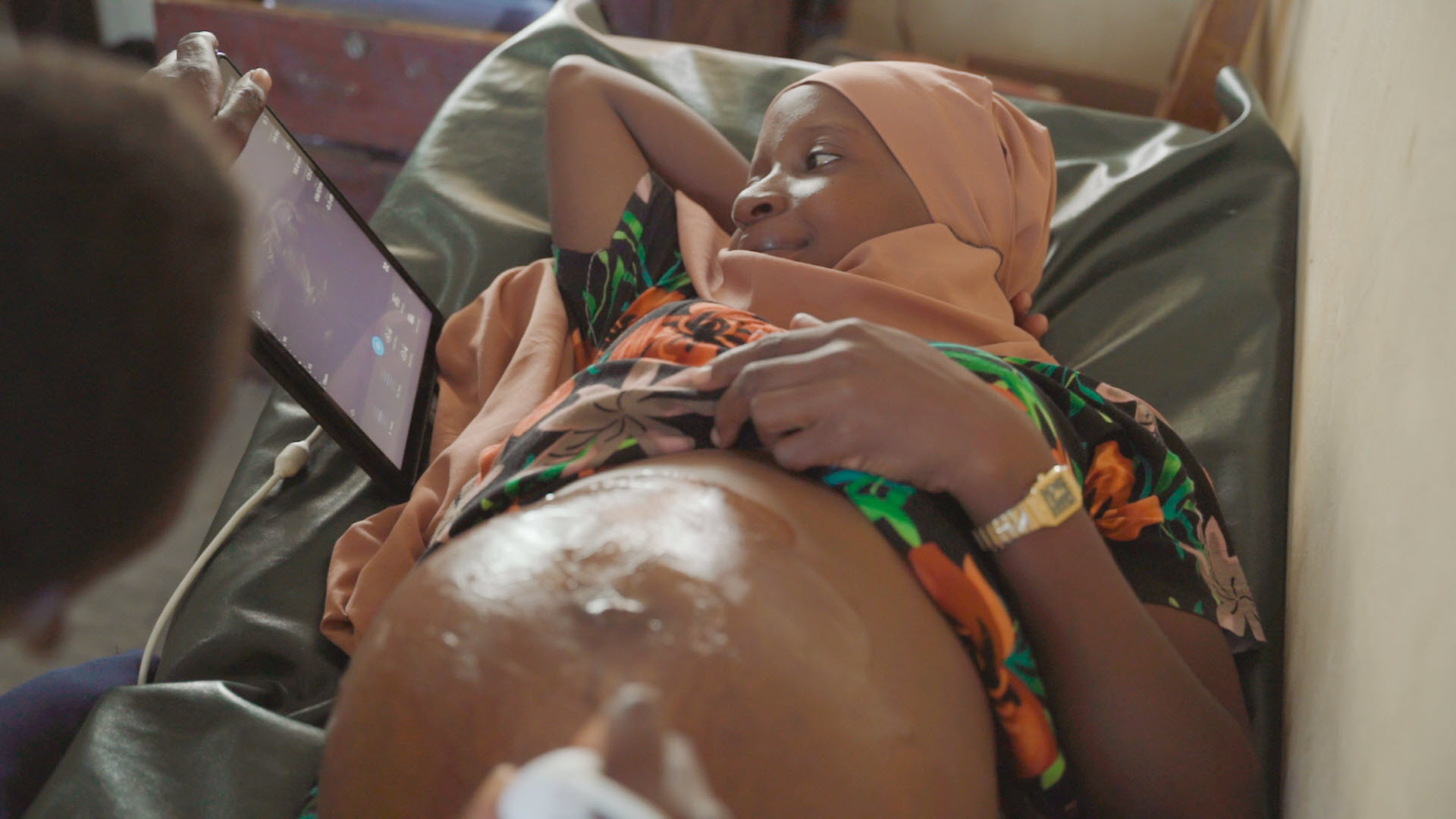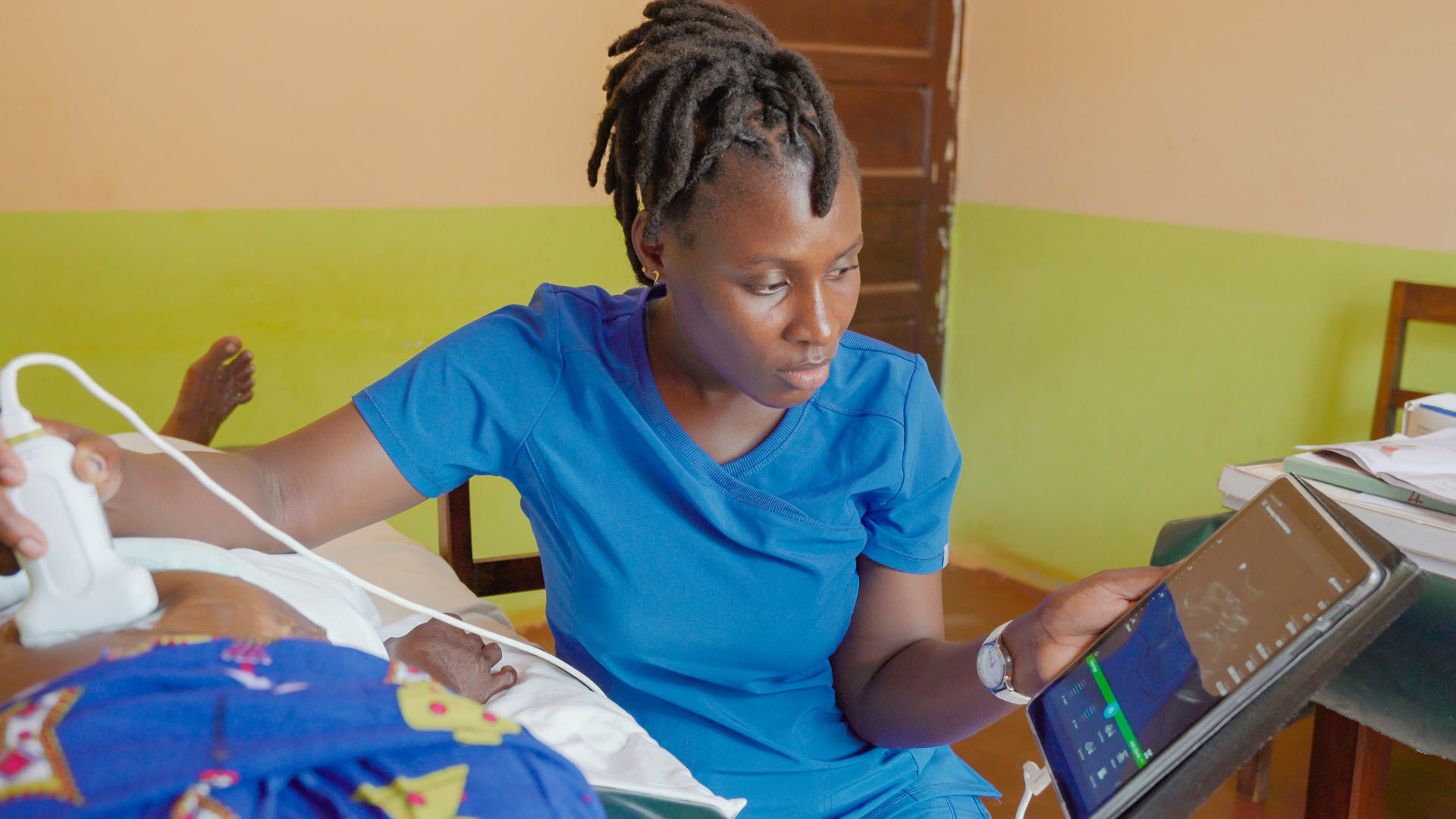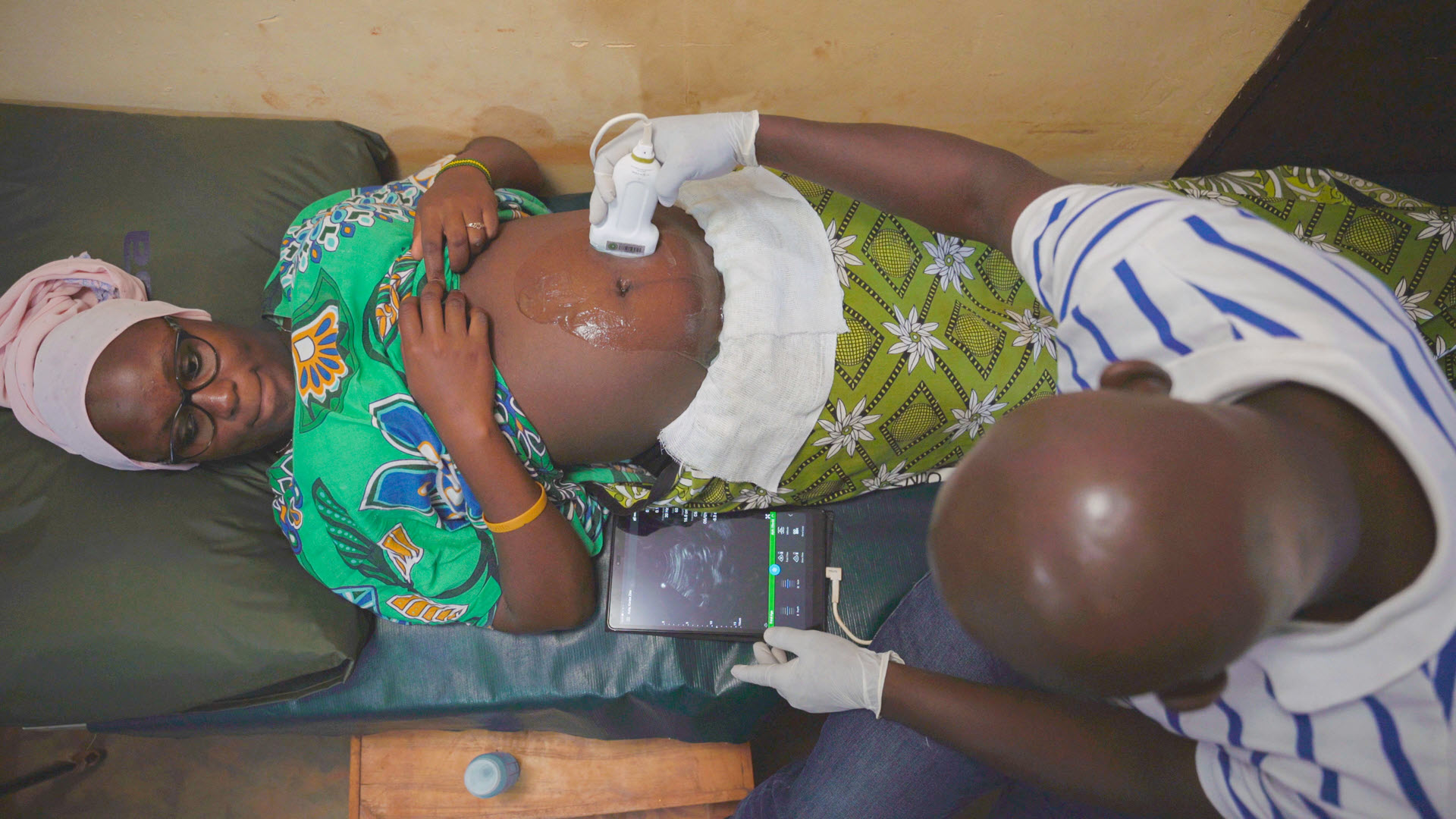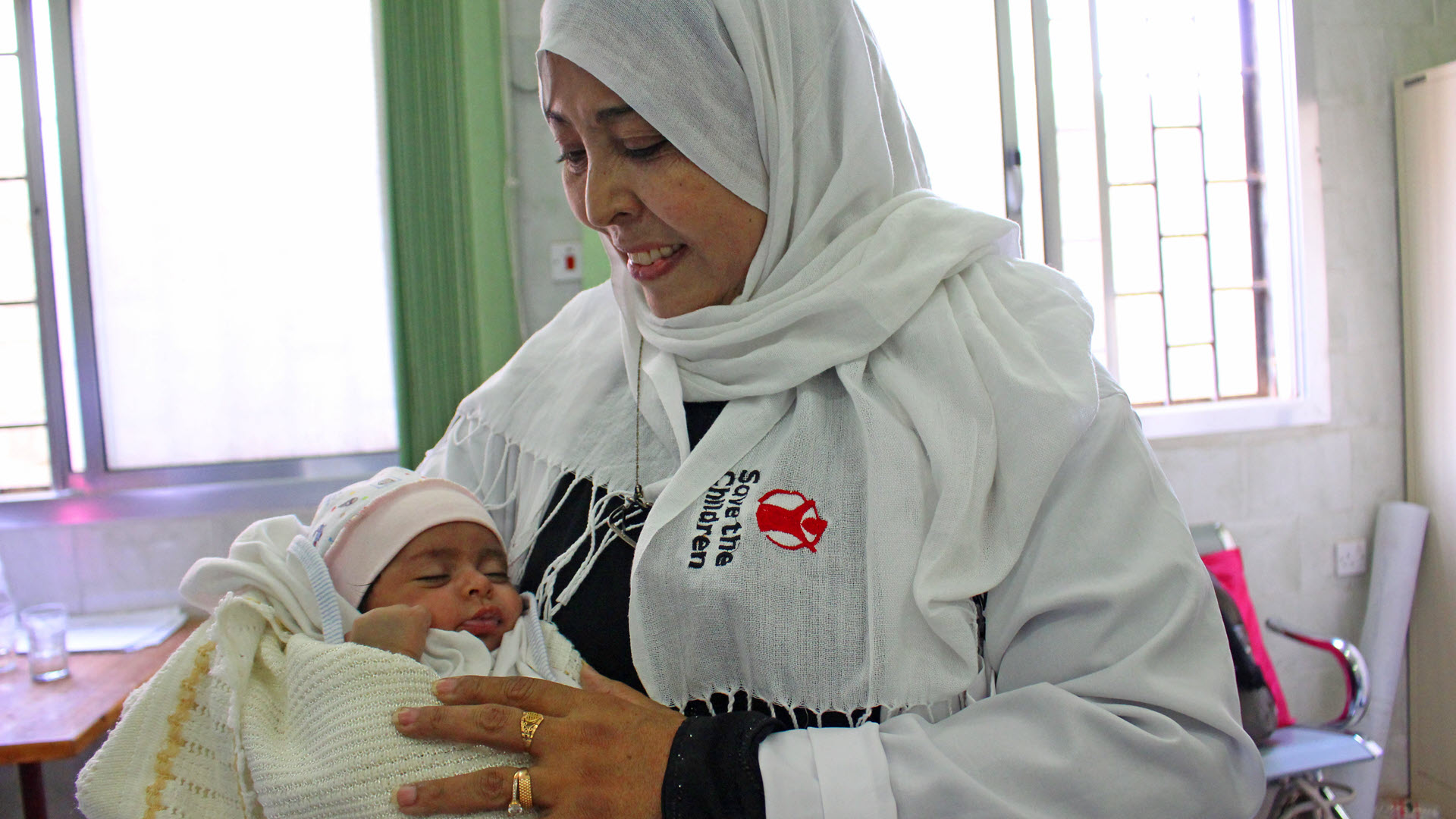In my daily work, technology and collaboration in maternal healthcare emerge as vital solutions to address these challenges, transforming maternal care globally and in East Africa. Notably, we have seen how groundbreaking the integration of AI in portable ultrasound can be in maternal care delivery. It facilitates training of community health workers, and enhances the efficiency of prenatal and postnatal examinations. AI-powered ultrasound solutions can facilitate early detection of potential complications, allowing for timely interventions and better chances of healthy delivery.
Watch our latest webinar on AI
Our partnership with Aga Khan University focuses on training midwives to perform scans with Philips' mobile ultrasound solutions. Through this collaboration, I have witnessed how providing the right technology, combined with a joint intention to learn how to improve antenatal care and early identification of at-risk pregnancies in underserved areas, truly enhances the chances at a healthy life.
Each of our partners’ stories is a testament to the power of passion in transforming healthcare. We are not just investing in technologies; we are investing in knowledge, determination, and the entrepreneurial spirit that drives societal improvement through an ecosystem approach.
Technology as our ally
Technology acts as a formidable ally, offering a myriad of benefits that revolutionize care for expectant mothers. Integration of technology, including AI, and bringing it closer to the communities, acts as a bridge across logistical and staffing issues, enabling pregnant women in low-resource settings to access quality healthcare services.
This approach has also fostered a sense of active participation in their own healthcare journey, allowing expectant mothers to make informed decisions, engage with healthcare providers, and advocate for their well-being. As we partake in our daily endeavors, let us collectively champion a future where every expectant mother benefits from the transformative power of technology in maternal healthcare. To achieve this vision, we must emphasize the need for supportive policies. We need to urge policymakers to enact measures that drive the integration of technology in maternal care, ensuring that no expectant mother is left without the benefits of modern, compassionate care.
Together, we can build a strong support system, led by a promise to make a future where technology greatly improves maternal health for everyone.









